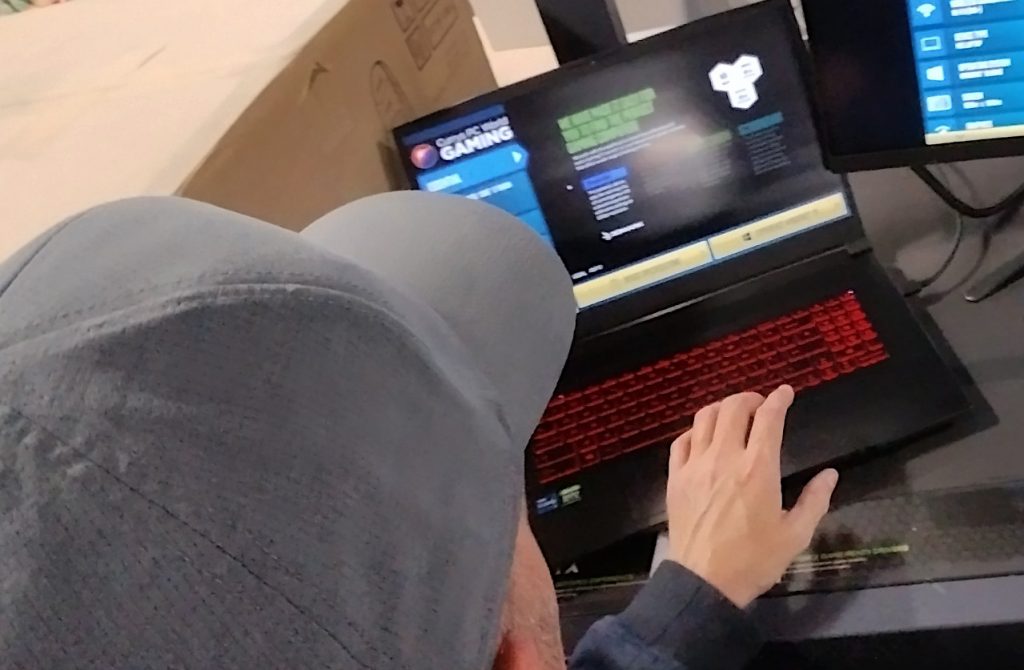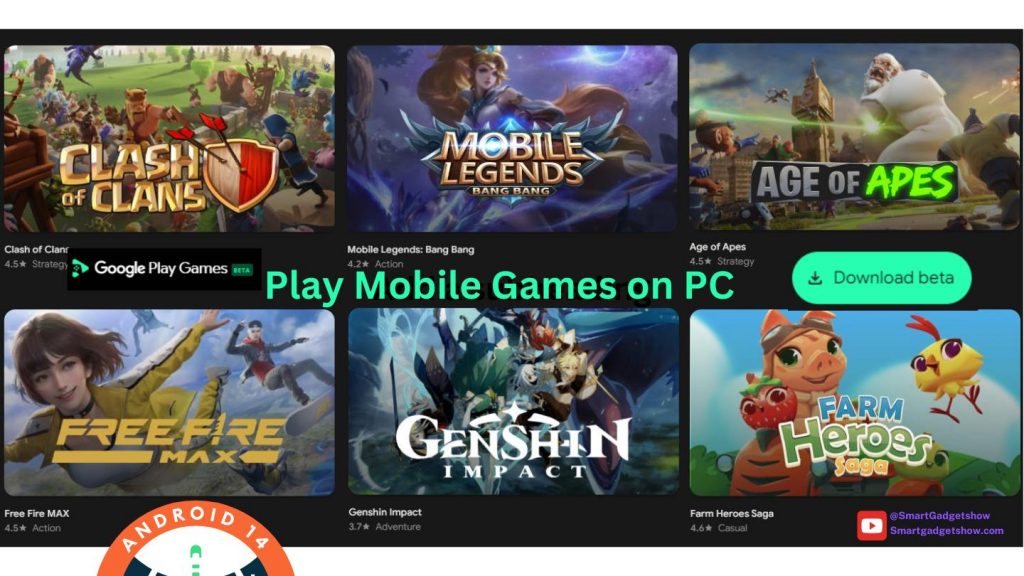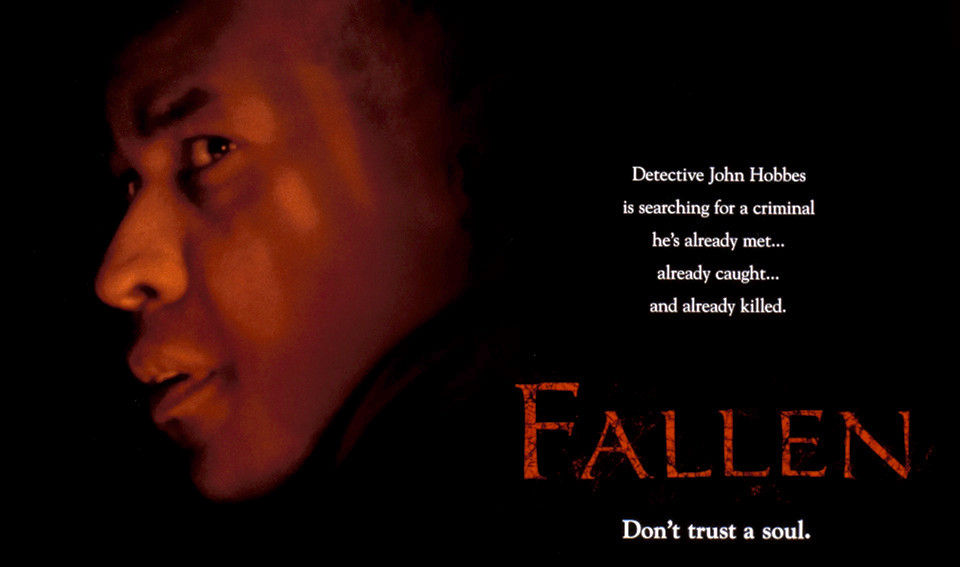Hundreds of gamers, including children and their family members, have received treatment at the NHS National Centre for Gaming Disorders, according to data released for the first time.
Since its opening in October 2019, 745 people have been referred for treatment at the UK’s only gaming clinic.
Those with gaming disorder struggle to control how often they play video games, with some playing for up to 14 hours a day. This can lead to violence, avoidance of school and work, breakdown in family relations and withdrawal from society.
The number of gamers receiving treatment increased by over half from 2021 to 2022, while the number of family members receiving treatment increased by 46%. The clinic offers treatment to people aged 13 and over with gaming disorder, as well as their family members.
Patients can be offered a range of treatments, including family consultations, individual or group therapy, parent workshops, ongoing parent support groups, and family therapy.
Treatment can be accessed by referral from a local NHS provider or by self-referral through the gaming clinic website. The national centre is based in London, but treatment delivery is mainly online, making it accessible to patients throughout England.
The average age of a gamer seen by the clinic is 17, with children aged between 13-14 and 16-17 representing a higher number of patients seen. Treatment length varies depending on patient need, ranging from a one-off session to family therapy lasting over a year. The average treatment time is around three months, representing 12 treatment sessions.
NHS National Centre for Gaming Disorders founder and director Professor Henrietta Bowden-Jones said: “Gaming disorders can have a significant impact on children and their family to the extent it can take over and stop them from living their normal daily life.
“From avoiding school or work, engaging in violence, to family breakdowns, the harms to those suffering can be significant; but there is help from the NHS for those who need it.
“We also know as with other addictive and mental health disorders, the earlier they are identified and treated the more successful the outcomes will be for both the individual but also for the wellbeing of the family members who are also impacted negatively by someone’s excessive gaming.
“If you are struggling with your mental health do seek help from the NHS – you can contact your GP or refer yourself online to our world leading talking therapies service or if you are in a crisis, you can call your local helpline 24/7.”
Minister for Primary Care and Public Health Neil O’Brien said: “Technology can be hugely beneficial – from developing problem-solving skills, to socialising and helping people ‘switch off’ and relax.
“As with anything, too much of it is a bad thing – and we know gaming can be addictive. There are ways to prevent gaming addiction, which include recognising the warning signs and monitoring your online activity if and when you’re worried.
“This gaming clinic is a great example of the wider work happening to fight and help treat addiction across the UK, including investing an extra £2.3 billion a year by 2024 to expand mental health services to enable better access to vital support.”
Lisa said: “I highly recommend the National Centre for Gaming Disorders for anybody who thinks they may need support for either themselves or a loved one struggling with a gaming disorder.
“The group sessions helped me feel like I wasn’t alone and by sharing stories with people in similar situations, I also didn’t feel judged, instead feeling supported and comfortable in seeking support.
“Through both the group and individual sessions I not only felt listened to, but I also learned some invaluable strategies for helping my child which has made a real difference in helping improve management of the disorder.
“Anybody who thinks they may need support should come forward for care.”







